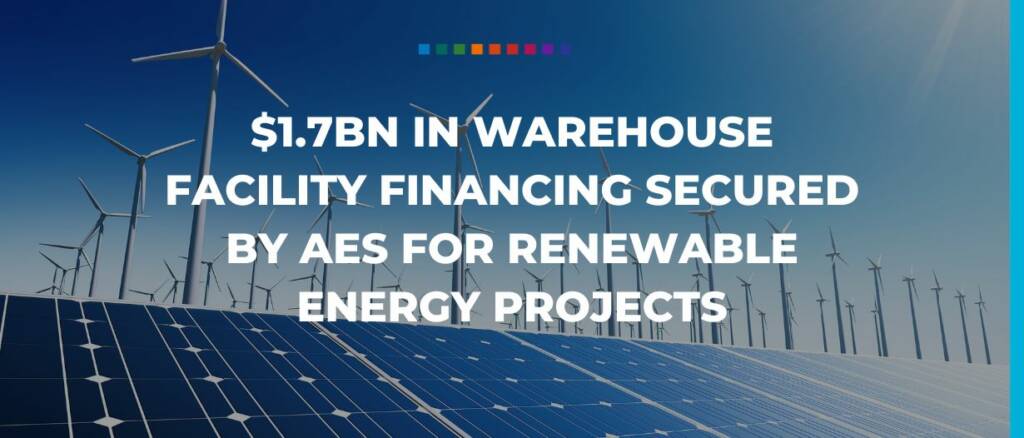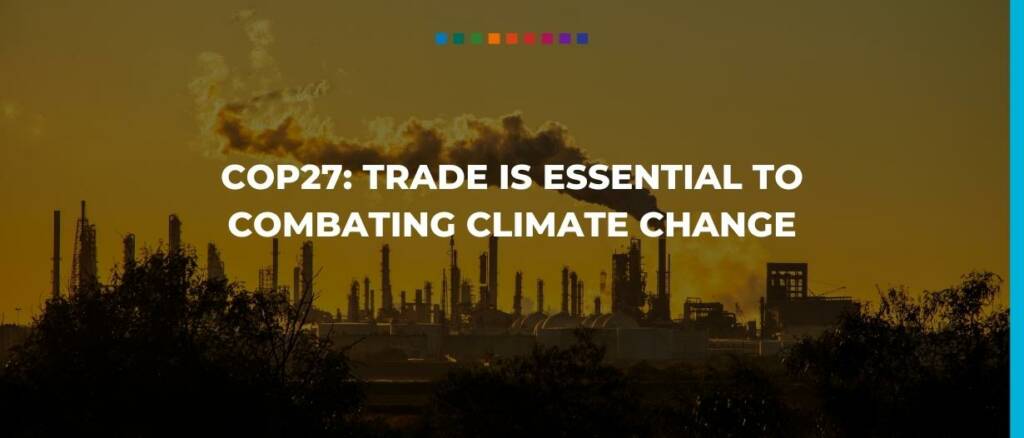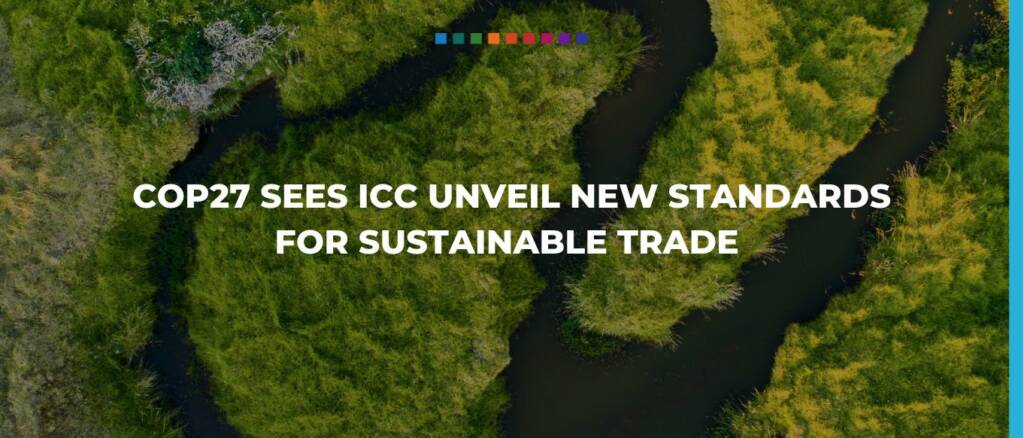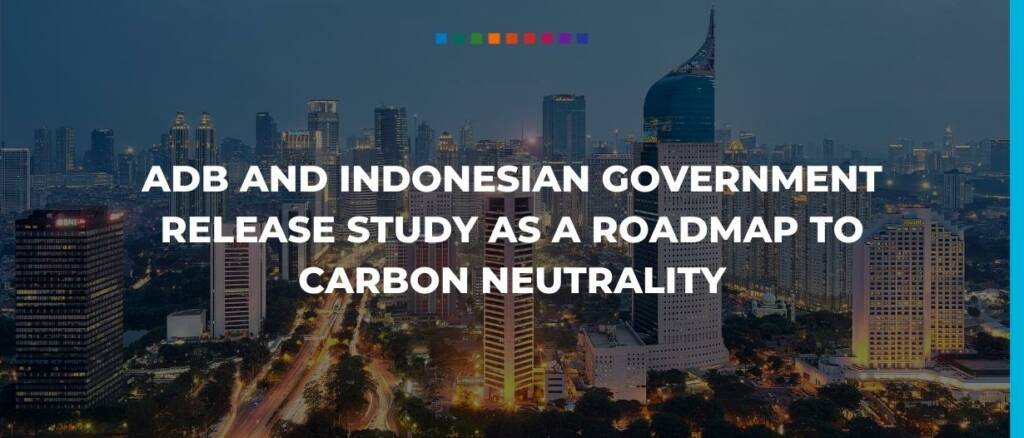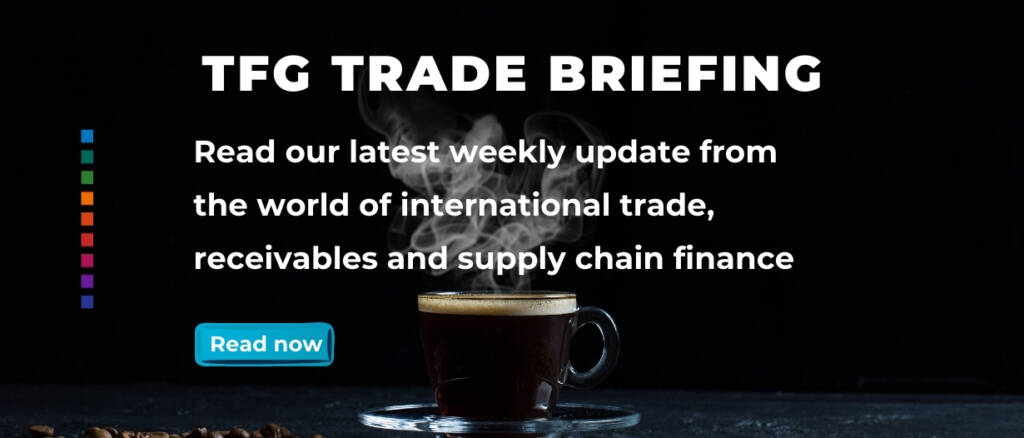The AES Corporation’s US-based clean energy business announced on November 11 that it has entered into a $1.7 billion warehouse credit facility advancing the construction of 3 gigawatts (GW) of… read more →
Trade Finance Global (TFG) spoke to president and CEO of BAFT at Sibos 2022 about the role that banking organisations can play in developing environment, social, governance (ESG) and sustainability best practices within global trade.
Tackling global warming cannot be successful without governments taking into account the important role of trade in meeting climate goals, according to Director-General Ngozi Okonjo-Iweala. Speaking at a high-level event… read more →
The International Chamber of Commerce (ICC) releases standards for sustainable trade, providing a framework that assesses the environmental sustainability of transactions.
On November 8, the Asian Development Bank (ADB) and the Indonesian government launched a scoping study to map the pathway for the country’s future national capital, Nusantara, to identify, track, neutralise,… read more →
UK Export Finance (UKEF) announced on Finance Day at COP27, November 8, that it will become the first export credit agency (ECA) to offer Climate Resilient Debt Clauses (CRDC) in… read more →
Deep-tier supply chain finance can be a powerful tool in the ESG toolkit––but implementing this innovative financing approach will require overcoming some key barriers.
The air cargo market continues to unwind as the global economy slows and consumers tighten their belts in regard to services. The industry is slowly moving into its typical peak… read more →
The world of trade is changing. Increasingly, the topic of environmental responsibility is taking centre stage, with discourse specifically circling around how the finance industry can implement sustainability measures more effectively.
Your Monday coffee briefing from TFG – VIDEO | Citi on navigating volatility and incorporating ESG finance principles into trade finance















